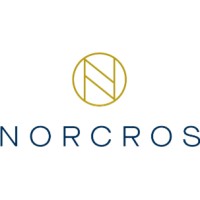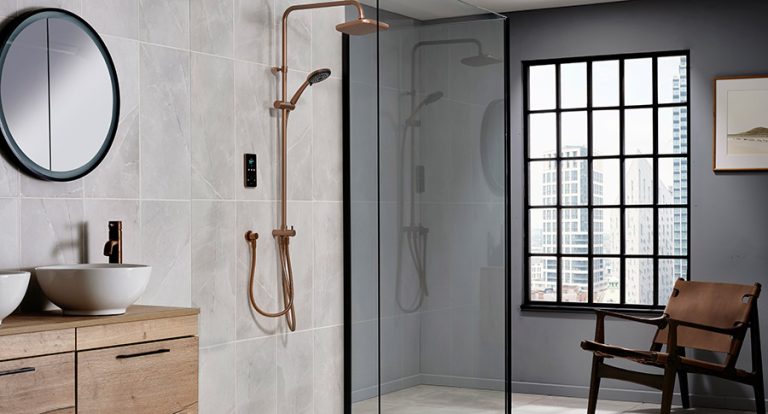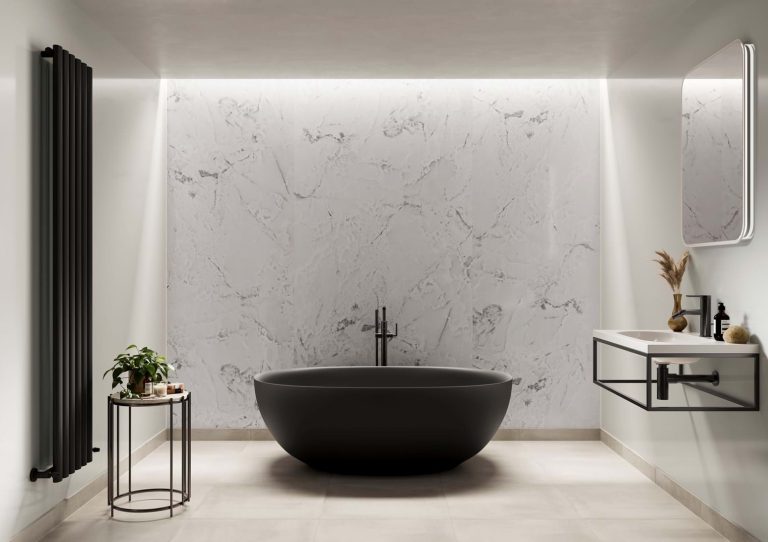A transformation is unfolding behind closed doors, not in boardrooms or headlines, but in the most routine corners of daily life. As bathrooms evolve from utility spaces into platforms of energy and water discipline, investors have a fresh vantage point on how sustainable design translates into long‑term operational resilience. This isn’t about trends, it’s about structural efficiency designed into everyday experience.
The materials tell part of the story. Bamboo, reclaimed wood, ceramic tiles, and recycled glass now command serious attention not for their appearance alone, but for their capacity to reduce environmental impact without compromising longevity. Bamboo, for instance, grows rapidly with low resource demand, while reclaimed wood reduces reliance on virgin timber. These aren’t token gestures, they are evidence of value being redefined through lifecycle performance and environmental logic.
Water efficiency, often a regulatory priority, is gaining traction at the consumer level through engineered upgrades like aerated taps and dual‑flush systems. These deliver tangible reductions in water consumption while maintaining user performance, and in doing so, they appeal directly to rising cost sensitivity. In parallel, energy‑conscious solutions such as LED lighting and electric showers are not only cutting household bills, they are streamlining infrastructure by removing the need for central hot water storage or replacement bulbs, extending the lifespan of entire systems.
Triton’s ENVi® electric shower is a relevant example. With precise digital control and on‑demand heating, it eliminates thermal inefficiency while offering a refined user experience. This isn’t innovation for innovation’s sake, it reflects a market where functionality, environmental outcomes, and utility cost savings are tightly interwoven.
Design and behaviour work together to deepen impact. Timer‑based underfloor heating, moisture‑resistant ventilation systems, and natural insulation materials collectively reinforce both comfort and efficiency. At the margins, even product swaps, like bamboo toothbrushes or refillable cleaning solutions, reflect a customer mindset that values repeatable, low‑waste choices. These patterns are not just visible at the high end of the market; they are emerging in mainstream refurbishments, which points to accelerating adoption curves.
From an investment standpoint, this signals a rebalancing of costs and value. Initial outlays for sustainable upgrades may be higher, but payback periods are increasingly defensible. Lower utility bills, reduced maintenance, and longer product lifecycles shift the economics towards smarter capital allocation. For product suppliers and installation networks, it opens doors to upsell through performance, not just aesthetic.
Another benefit lies in alignment. The same design choices that appeal to homeowners are now intersecting with government standards, urban planning objectives, and ESG-conscious funding mandates. When a single product upgrade checks boxes for regulation, consumer experience, and cost control, it ceases to be optional, it becomes foundational. That synergy between regulatory compliance and market demand is often where the most robust investment theses take shape.
And for consumers, beauty is not being sacrificed for impact. Sustainable bathroom design has reached a point where sleek, minimalist fixtures and natural textures not only meet functional needs but elevate home value. Design credibility now reinforces the economic case, creating an environment where customers feel they’re gaining, not trading off.
In this convergence of design, efficiency, and habit lies a significant opportunity. For those investing in housing infrastructure, green consumer products, or retrofitting services, the modern bathroom presents a microcosm of where long‑term value is being quietly, but unmistakably, engineered.
Triton Showers focuses on water and energy‑efficient technology that transforms bathrooms into sustainable systems of performance and control. By integrating precision design with environmental awareness, it exemplifies how everyday routines are becoming key leverage points for long‑term investor value.
Norcros plc (LON:NXR) is a leading B2B producer of branded bathroom and kitchen products for its UK, South African and selected export markets. The portfolio of eleven operating companies (7 UK, 3 South Africa) is characterised by strong individual brands, together providing product breadth and channel diversity from a strong supply chain base.







































